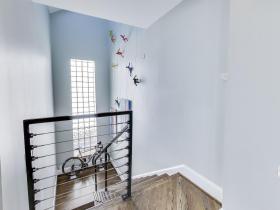What's Hot: A First Look At Friendship Commons, The Big Plans To Redevelop Former GEICO Headquarters
 Five Things Every Homeowner Should Know About Cost Effective Remodeling
Five Things Every Homeowner Should Know About Cost Effective Remodeling
✉️ Want to forward this article? Click here.

Most homeowners consider either remodeling or renovating at some point, but often feel overwhelmed by the potential costs. Here, John Settles—a remodeling and renovation loan expert—answers questions about financing and makes the case for why home improvements can be a reality for any homeowner.
What’s the difference between renovating and remodeling?
JS: Home renovations are costlier and include more extensive work, such as creating an addition to accommodate your growing family, overhauling your home’s plumbing or electric and moving walls to reconfigure interior space. Remodeling tends to be more cost effective, such as changing your wall colors, upgrading flooring, modernizing bathrooms, or upgrading the kitchen.
Can I afford to make big home improvements?
JS: Financing for remodeling or renovating is often much more feasible than homeowners imagine. For as little as the cost of a latte every day, you can do a remodel, or choose to spend that money customizing your house or condo to make it more environmentally friendly and prevent the unfortunate breakdown of key systems during inopportune times—like the A/C going out during the hottest summer day. A renovation or remodeling loan can be as low as a few thousand dollars. You can borrow when you purchase, or if you already own, refinance to renovate after the fact.
If I choose to remodel, how does this add value to my property and save money?
JS: For most people, a home purchase is the largest investment they will ever make. There are many obvious factors you consider when buying a home like location and size, however, one of the most overlooked yet extremely important considerations is making improvements that will lower the utility costs, and reduce the homes carbon footprint. This is done through efficiency measures, such as lighting, insulation, window or door replacement, water saving fixtures, installation of solar panels, or geothermal systems.
Making efficiency upgrades reduces costs and creates predictability around your utility expenses, which is the same as making monthly investments. So while your investment may cost you as little as the price of a daily latte, you may save more than the finance cost every month in utilities while simultaneously maximizing your potential tax deduction.*
As you continue to live in your home throughout the years, daily wear and tear take their toll, so remodeling and renovating may be inevitable. The question is whether you’d like to make those changes proactively and reap the benefits or reactively and potentially pay more for emergency repairs.
How does making my home more energy efficient save me money?
JS: In lowering your energy usage, you lower your utility bills. Utility costs have increased over the last few years—last year Pepco had an increase of almost 5%. Investments in green measures today can reduce energy and water use, while creating a healthier living environment. The monthly savings increase as the base charge of the utilities increase. Investing in green upgrades is a great way to personally reduce your carbon footprint, and help the planet.
The beauty of financing upgrades like these is that—unlike using cash, credit cards or financing through subcontractors at double digit interest—you may have less of an upfront expense and a tax deductible lower cost mortgage. *
What if I have some money saved up, but not enough? What options do I have?
JS: There are many different ways to use financing and you can structure your loan in a way that works for you. A cost benefit analysis can help you consider your options, like using cash to reduce the amount borrowed and thus monthly payments, paying off other debt, or using the cash towards investments with a higher return. I had someone the other day say that they wish they had financed their renovation, rather than paying cash, and paid off their student loans.
Whether you are preparing to purchase or already own your home, there are programs that lend you the money to make changes that will allow you to better enjoy your space, lower monthly utilities, add more space, configure the property to better fit your needs or even prepare for sale or rent.
To receive a free guide that outlines the benefits and considerations of remodeling and renovating, contact John Settles, NMLS ID #448870 of First Heritage Mortgage by email at jsettles@fhmtg.com or phone at (202)643-4160.
*Please consult with your tax advisor regarding potential tax savings.
First Heritage Mortgage, LLC is registered under Company NMLS ID # 86548 (www.nmlsconsumeraccess.org). This is an advertisement and not a commitment to lend. Prepared 11/12/2017.
Terms and conditions apply and are subject to change without notice. All approvals subject to underwriting guidelines. Not all applicants will qualify. Not all products are available in all States or for all amounts. Please contact First Heritage Mortgage, LLC directly to learn more about its products and your eligibility for such product.
This article originally published at https://dc.urbanturf.com/articles/blog/five_things_every_homeowner_should_know_about_cost_effective_remodeling/13347.
Most Popular... This Week • Last 30 Days • Ever

On Thursday night, developer EYA outlined its plans at a community meeting for the 26... read »
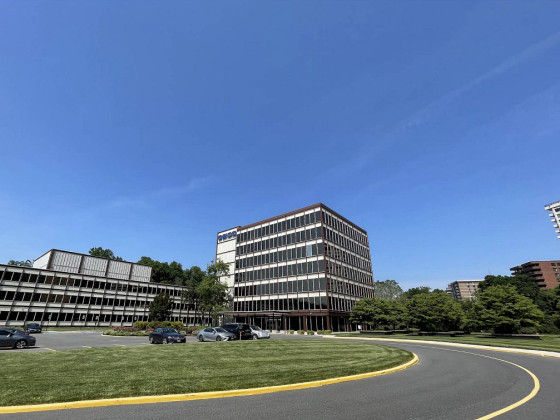
EYA and JM Zell Partners have plans for 184 townhomes and 336 apartments spread acros... read »
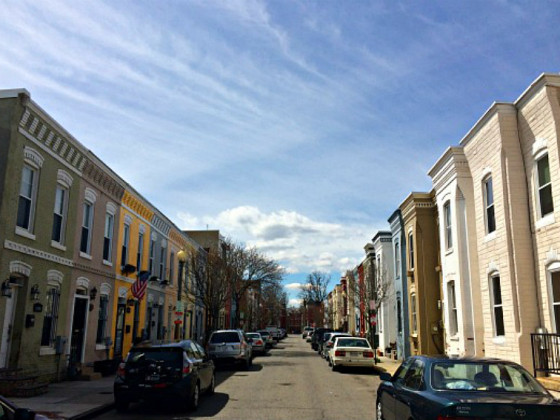
Today, UrbanTurf is taking our annual look at the trajectory of home prices in the DC... read »
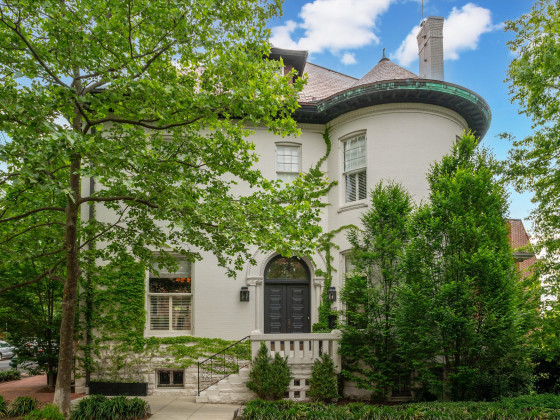
Chris Hughes and husband Sean Eldridge are putting their Kalorama home on the market ... read »
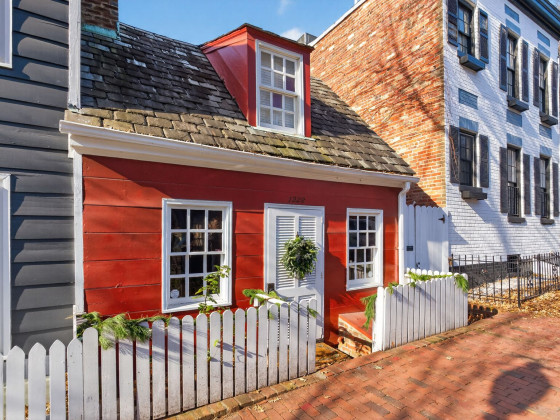
If the walls of 1222 28th Street NW could talk, they'd have nearly three centuries wo... read »
- A First Look At Friendship Commons, The Big Plans To Redevelop Former GEICO Headquarters
- 520 Residences Planned For Former GEICO Campus In Friendship Heights
- The 10-Year Trajectory Of DC-Area Home Prices In 4 Charts
- Facebook Co-founder Lists DC Home For Sale
- One of DC's Oldest Homes Is Hitting the Market
DC Real Estate Guides
Short guides to navigating the DC-area real estate market
We've collected all our helpful guides for buying, selling and renting in and around Washington, DC in one place. Start browsing below!
First-Timer Primers
Intro guides for first-time home buyers
Unique Spaces
Awesome and unusual real estate from across the DC Metro




